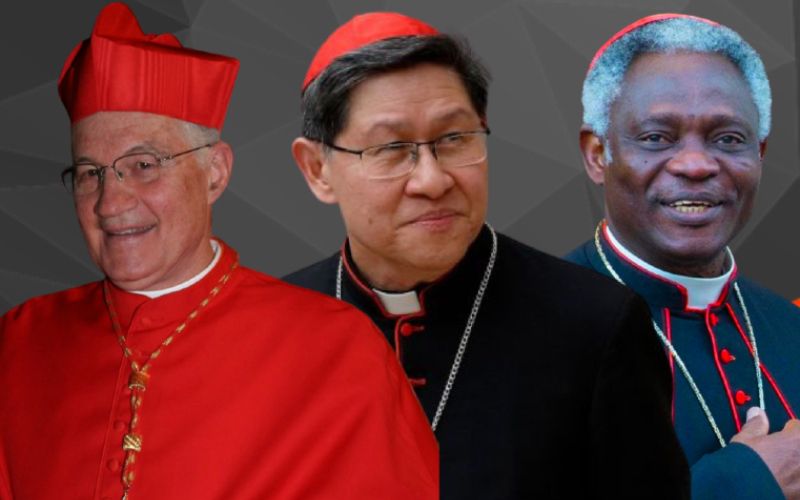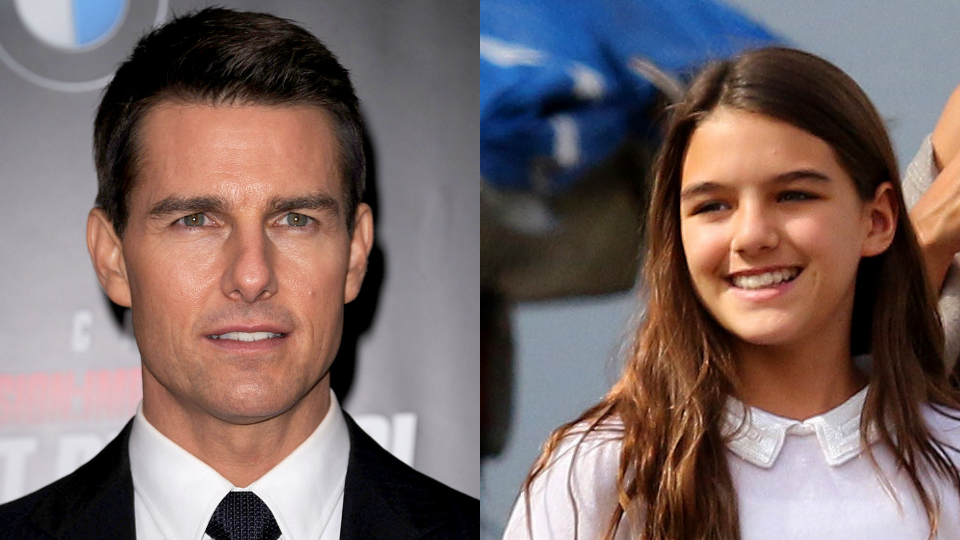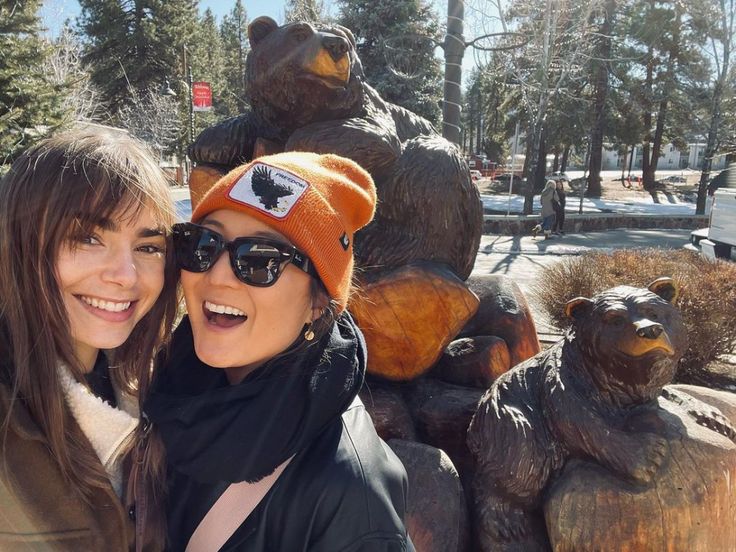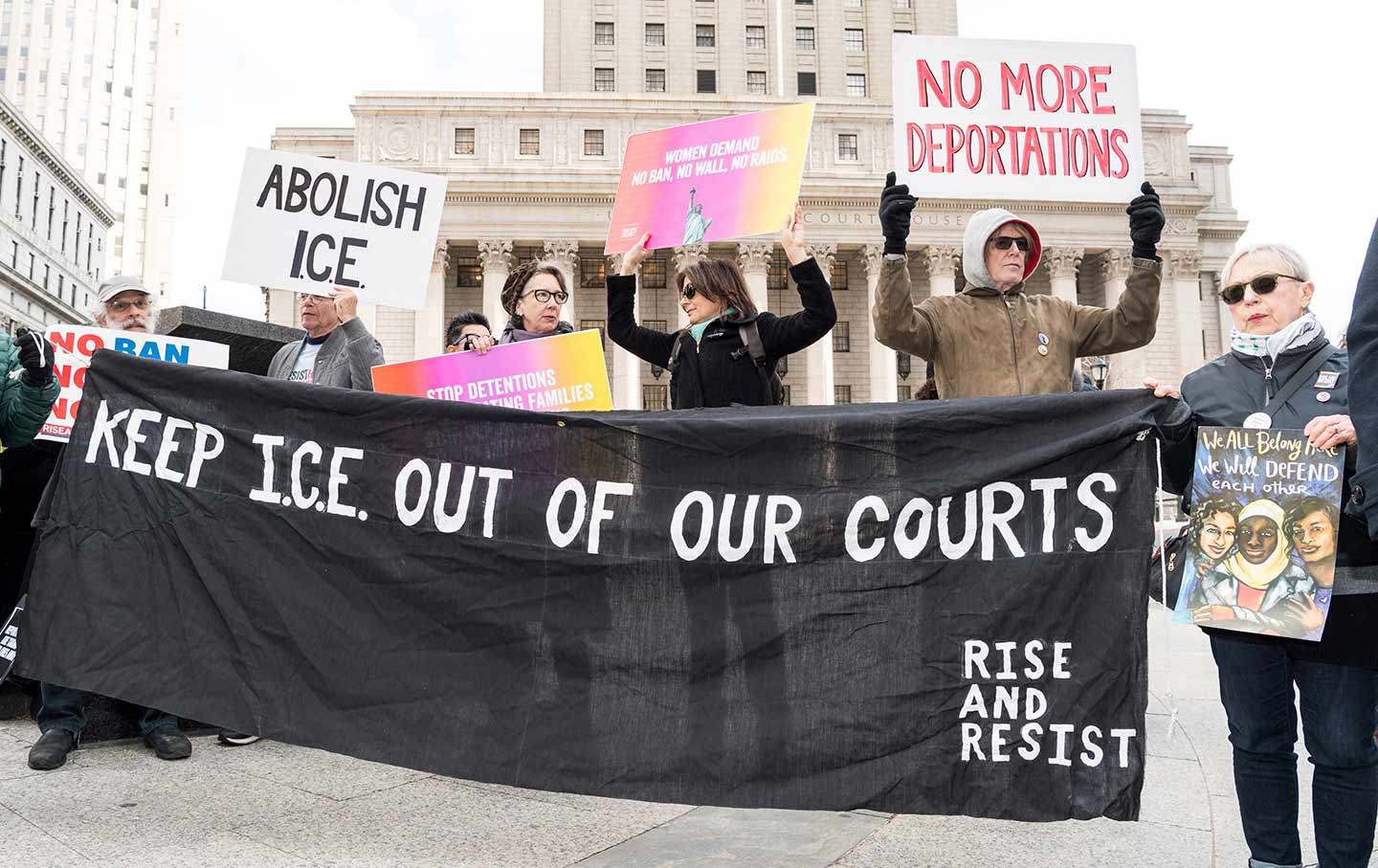Cardinals In The Conclave: Potential Next Pope Candidates

Table of Contents
Leading Cardinal Candidates & Their Theological Positions
Several Cardinals consistently emerge as potential candidates for the papacy. Analyzing their theological positions is crucial to understanding their potential leadership styles. Let's examine a few prominent examples, acknowledging that the field of potential candidates is constantly shifting:
Cardinal Luis Antonio Tagle's Theological Stance
Cardinal Tagle, a prominent figure known for his progressive views, is often mentioned among potential papal candidates. His theological views emphasize social justice, ecumenical dialogue, and a focus on the poor and marginalized.
- Emphasis on Social Justice: His public pronouncements and writings consistently advocate for the rights of the poor and vulnerable, reflecting a commitment to liberation theology.
- Interfaith Dialogue: Cardinal Tagle is known for his active participation in interfaith dialogues, promoting understanding and cooperation between different religious communities.
- Evangelisation and Mission: His work focuses greatly on the importance of spreading the Gospel message and adapting it to modern contexts.
Cardinal Pietro Parolin's Theological Stance
Cardinal Parolin, the current Secretary of State, represents a more moderate theological approach. His experience in Vatican diplomacy shapes his perspective.
- Diplomatic Pragmatism: His career demonstrates a pragmatic approach to navigating complex international relations within the Catholic Church.
- Emphasis on Unity: His focus is often on maintaining unity within the Church while addressing modern challenges.
- Traditional Doctrine: While moderate, his adherence to traditional doctrines is evident in his public statements and actions.
Cardinal Konrad Krajewski's Theological Stance
Cardinal Krajewski's emphasis on direct charitable works and service to the poor makes him a unique potential candidate. His theological stance is rooted in practical action.
- Charitable Works: His dedication to serving the homeless and needy reflects a deep commitment to social justice grounded in practical actions.
- Simplicity and Humility: His personal style emphasizes simplicity and humility, a characteristic that resonates with many.
- Direct Service to the Poor: His approach prioritizes direct engagement with the marginalized over bureaucratic processes.
(Note: This section should be expanded with further Cardinal profiles, replacing the examples with actual current Cardinals prominent in discussion regarding the papacy and details of their theological leanings).
Pastoral Experience and Administrative Skills
Pastoral experience plays a vital role in the selection process. The next Pope needs to be a skilled administrator, capable of leading the global Church effectively.
Assessing Pastoral Effectiveness
The candidates' track records in pastoral care are scrutinized carefully. Successful initiatives and challenges overcome demonstrate their capabilities.
- Diocesan Administration: Experience managing dioceses, parishes, or similar organizations is crucial for effective Church governance.
- Charismatic Leadership: The ability to inspire and motivate clergy and laity is essential for leading a large, diverse global institution.
- Community Engagement: Effective interaction with various communities, including those from diverse cultural and socioeconomic backgrounds, demonstrates adaptability and understanding.
(This section needs to be populated with relevant information for the specific Cardinals mentioned above, showcasing their pastoral experiences and administrative successes/challenges).
Geopolitical Considerations and Global Reach
The geographic representation of the Cardinals and global issues significantly impact the selection process. The next Pope must be able to connect with a vast and diverse global community.
Representing the Global Church
International experience and the ability to engage with diverse cultures are essential.
- Global Catholicism: Understanding the challenges and opportunities facing the Church across different continents is crucial.
- Interfaith Dialogue: The Pope’s role in promoting interfaith relations requires diplomacy and understanding of diverse religious perspectives.
- Missionary Work: Experience with missionary work showcases a commitment to spreading the Gospel message globally.
(This section also requires specific examples from the Cardinals’ biographies reflecting their global experience and suitability to represent global Catholicism).
The Conclave Process and Predicting the Outcome
The Papal Conclave is a secretive process with specific rules and procedures. Understanding these mechanics is essential to analyzing potential outcomes.
Factors Influencing the Vote
Numerous factors influence the Cardinals’ votes beyond theological viewpoints.
- Age and Health: The physical and mental stamina required for the Papacy is a significant consideration.
- Personality and Leadership Style: The Cardinals seek a leader capable of uniting the Church and addressing its challenges.
- Political Acumen: Navigating complex political issues within the Church and with external forces demands significant political skill.
(Expand this section to detail the Conclave process, including the voting system and other relevant factors).
Conclusion
Predicting the next Pope is a complex endeavor. The factors influencing the Cardinals' votes are numerous and intertwined. The candidates highlighted above represent a range of theological perspectives and experiences, reflecting the diversity within the College of Cardinals. Their theological positions, pastoral experience, and global reach are crucial elements in the decision-making process. Understanding the Cardinals in the Conclave and the interplay of these factors offers valuable insight into the future direction of the Catholic Church. The selection of the next Pope is a momentous event. Stay informed about the Cardinals in the Conclave and the unfolding events by following [link to your website or relevant news source]. Learn more about the potential candidates and the complexities of this important process. Understanding the Cardinals in the Conclave is crucial for comprehending the future direction of the Catholic Church.

Featured Posts
-
 Tom Cruise And Suri Cruise A Fathers Unconventional Post Partum Action
May 12, 2025
Tom Cruise And Suri Cruise A Fathers Unconventional Post Partum Action
May 12, 2025 -
 Manon Fiorots Shot At Valentina Shevchenko Ufc 315 Breakdown
May 12, 2025
Manon Fiorots Shot At Valentina Shevchenko Ufc 315 Breakdown
May 12, 2025 -
 Asilo Politico El Caso De Ricardo Martinelli En Colombia
May 12, 2025
Asilo Politico El Caso De Ricardo Martinelli En Colombia
May 12, 2025 -
 Lily Collins Shares Her Postpartum Journey
May 12, 2025
Lily Collins Shares Her Postpartum Journey
May 12, 2025 -
 Chaos Erupts As Crowd Attempts To Intervene In Ice Arrest
May 12, 2025
Chaos Erupts As Crowd Attempts To Intervene In Ice Arrest
May 12, 2025
